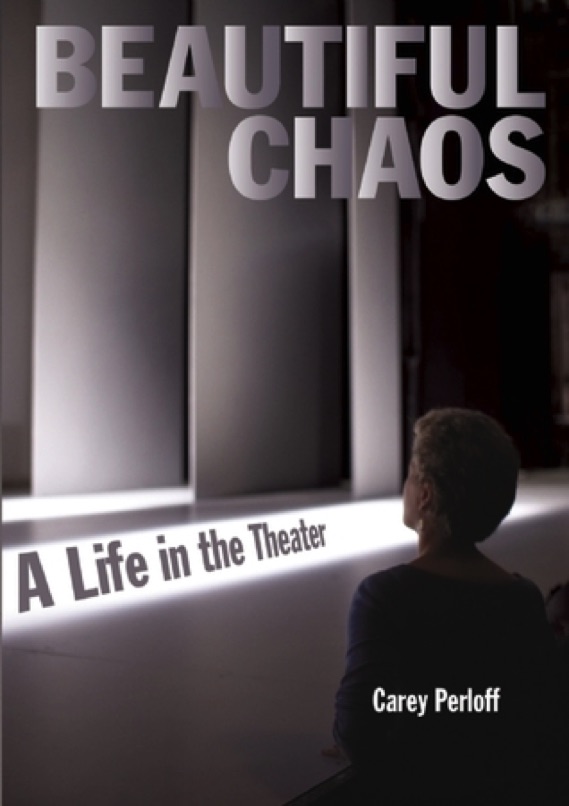
"Carey Perloff's lively, outspoken memoir of adventures in running and directing theater will be a key document in the story of playmaking in America."
— Tom Stoppard
Playwright
"This one is for any person who has ever sat in the dark and been spellbound by the transormative power of theater."
— Khaled Hosseini
Author, The Kite Runner
"BEAUTIFUL CHAOS is a testimony to what a strong leader can accomplish when she is willing to listen, adjust, yet stay true to her principles. This is a book that every artistic director in the country must read, but it's also one that would benefit quite a few corporate executives."
— Charles McNulty
Los Angeles Times
"Carey Perloff, quite literally, raised a vibrant new theater from the rubble of an old one. This refreshingly honest account of her triumphs and misfires over the past two decades is both a fascinating read and an invaluable handbook for anyone attempting such a labor of love."
— Armistead Maupin
Author, Tales of the City
BEAUTIFUL CHAOS: A LIFE IN THE THEATER
Published 2015: City Lights Foundation Books
ISBN-13 9781931404143
Order HERE
Excerpt from
BEAUTIFUL CHAOS: A LIFE IN THE THEATER
"As a director, one hopes to enter a rehearsal room fully prepared and with an entirely clear head, ready to devote all of one's imagination, energy, and knowledge to the creation of a new and vivid production. Now imagine how the average day of an artistic director in rehearsal unfolds. Let us say the rehearsal day is from 10 am to 6 pm with a one-hour break in the middle. The artistic director gets to work at 8 am to make sure that all the calls to New York are made to keep the season-planning process moving forward; perhaps she has an early marketing meeting or perhaps there is a breakfast with donors or with key board members to prepare for an upcoming meeting or to solicit funds for a given project, or she attends an open speech class in the school to ascertain which students will be ready to do Stoppard or Shakespeare later that season. Then she is expected to walk into rehearsal at 10 completely prepared for the day's work ahead, and to tune out everything else but the work at hand. But on every five-minute break, while the actors smoke or drink coffee in the sunshine on the balcony, she is proofreading grants, approving press releases, assuaging an unhappy staff member, or reviewing weekly ticket sales and expenditures. On her one-hour lunch break, she most likely has a senior team meeting or another major fundraising ask or a brainstorming session with the education department about future programming. She rushes back into the rehearsal room to pick up where she left off, trying to stay flexible and open when ideas come at her from all sides from actors, designers, and other collaborators. She tries to look decent and sound articulate on her fifteen-minute afternoon break as she is interviewed by the press about why she has chosen to produce this particular play.
At the end of the rehearsal day she huddles with stage management to set the next day's schedule, before returning to her office to see what havoc has occurred in her absence and what staff crisis needs immediate triage. Then, if she has children, or a partner, or any other life, she dashes home to have dinner with the people she loves, and then once baths are taken and homework is done and conversations have abated, she sits down at her desk to read scripts for the next season, to advise a commissioned playwright on suitable next steps or to approve a design scheme for an upcoming production, to write a passionate letter to the subscribers for the next program book or to assuage an unhappy patron, to attend to the hundreds of emails she has missed all day, and to address all the administrative details that need to be taken care of if the institution is to keep running smoothly. And then it starts all over again the next morning."